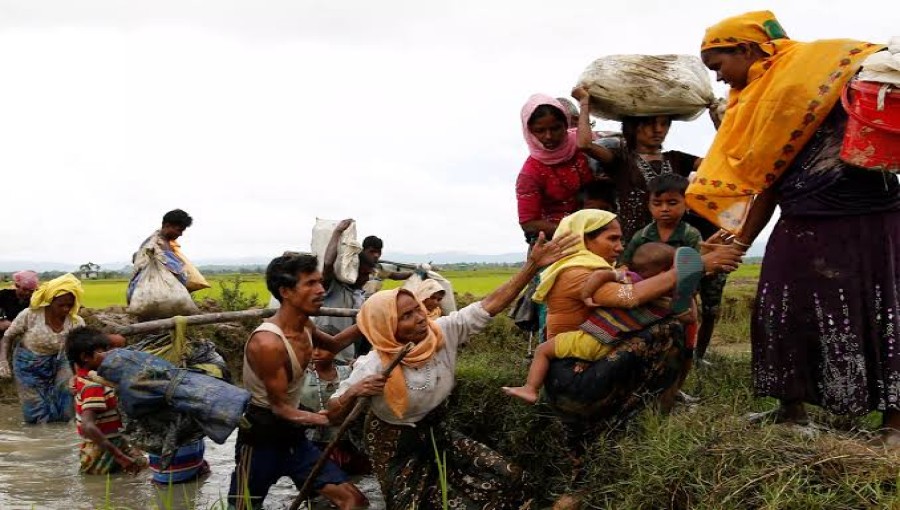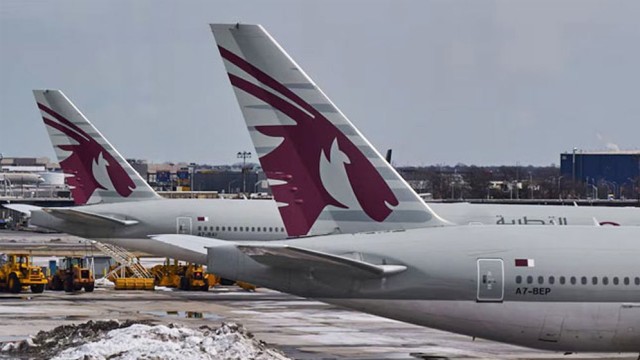Intensified fighting between powerful ethnic rebel groups and the junta's army in Myanmar's Rakhine state has placed the minority Rohingya community at significant risk of renewed attacks and displacement. The United Nations and various relief organizations have corroborated these developments, according to a Reuters report.
The ongoing conflict has already caused over 300,000 Rohingyas to flee their homes, with approximately 50,000 seeking refuge near the Bangladesh border since mid-May. Bangladesh, already hosting over 1 million Rohingyas from previous conflicts, is reluctant to accommodate more refugees due to the strain on resources and infrastructure.
Rohingyas remaining in Rakhine are now facing a severe humanitarian crisis. The Arakan Army, an ethnic rebel group, claimed control over Buthidaung town earlier this month, raising concerns about their treatment of the Rohingya population amid the conflict. Despite allegations of racism, the Arakan Army has denied any discriminatory actions against the Rohingyas.
Reports indicate that the Arakan Army is now attempting to seize the strategic border town of Mangdu, which hosts a significant Rohingya population. The junta is expected to fiercely defend this area, leading to fears of increased violence. Although Reuters could not independently verify these claims, the situation suggests escalating conflict and potential widespread violence.
A spokesperson for the United Nations High Commissioner for Human Rights expressed deep concern over the imminent threat to the Rohingya community in Mangdu. The spokesperson highlighted the town's strategic importance, housing military outposts and a large Rohingya population, making it a potential hotspot for intensified conflict.
The Rohingya community has endured severe persecution for decades. In August 2017, under the regime of Nobel laureate and pro-democracy leader Aung San Suu Kyi, the Myanmar army launched a brutal military campaign in Rakhine, leading to the burning of hundreds of Rohingya villages, the killing of thousands, and the displacement of millions who fled to Bangladesh to escape genocide.
The situation in Rakhine remains dire, with the potential for further violence and displacement. The international community, including the United Nations, continues to monitor the crisis closely, advocating for immediate humanitarian intervention and conflict resolution to prevent further atrocities against the Rohingya population.
End/v7n/aj/dk































Comment: